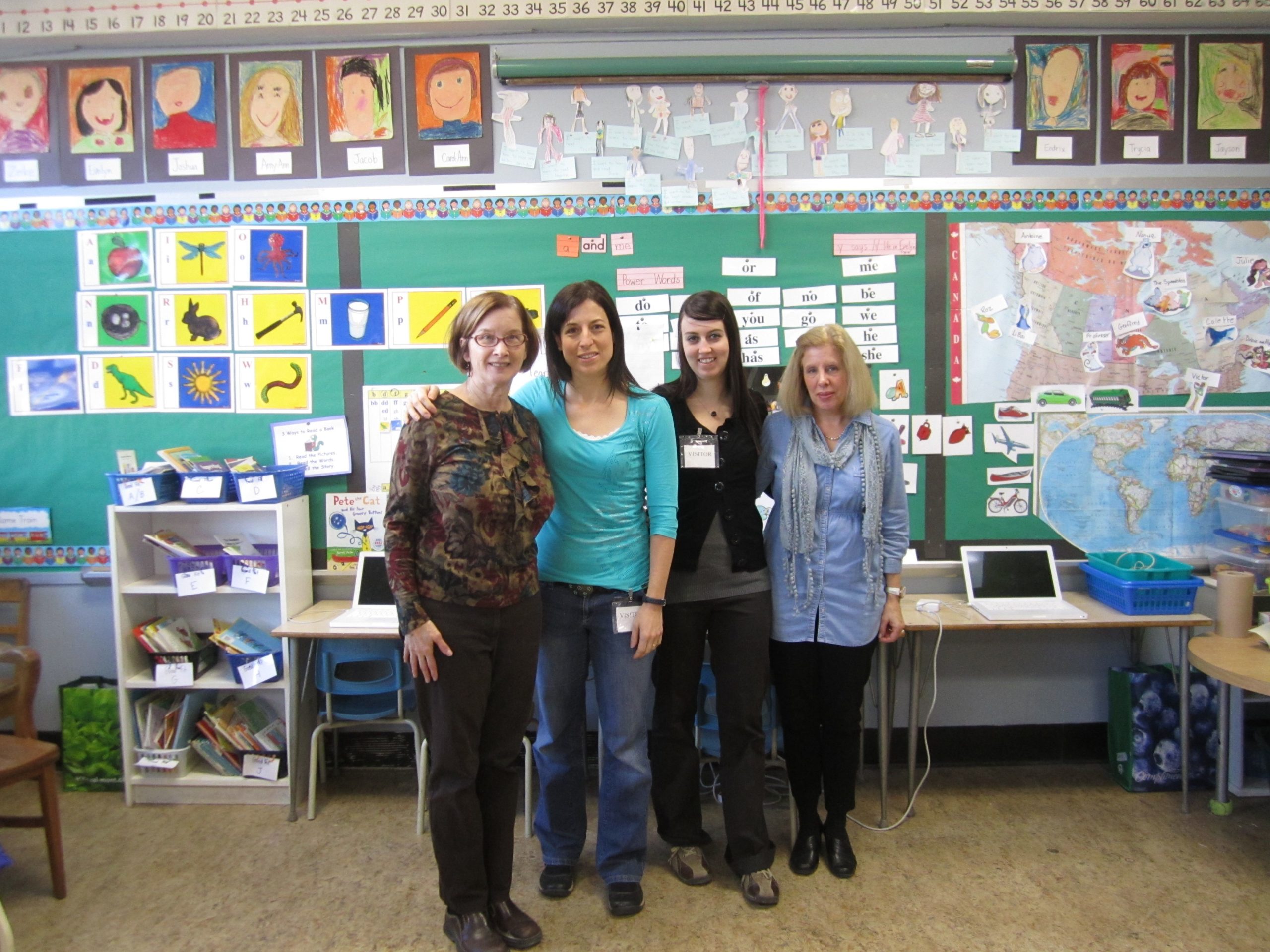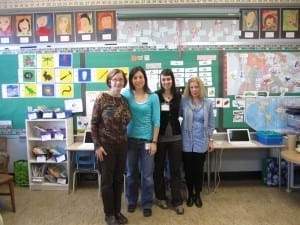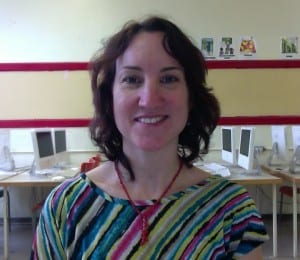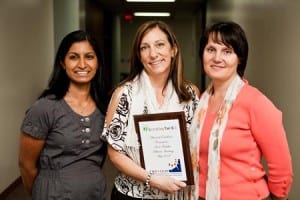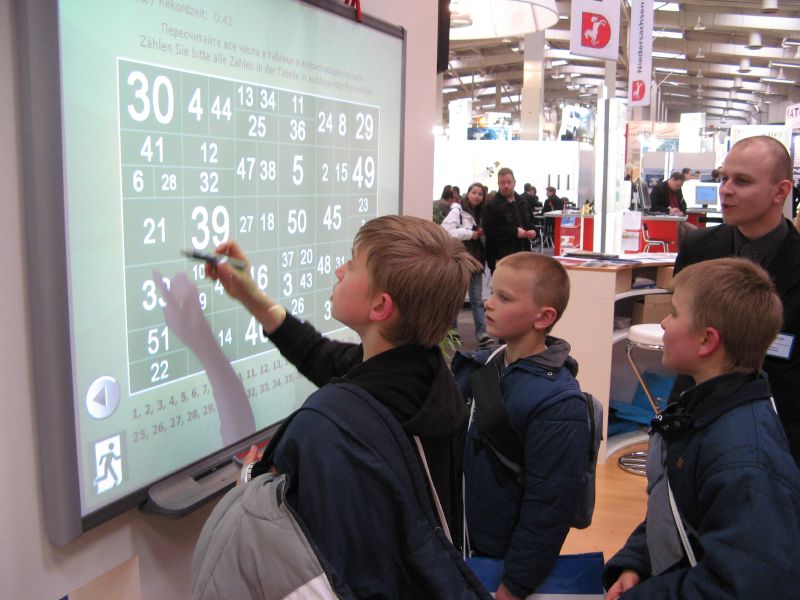Towards the beginning of the 2012-2013 school year, I wrote about a multi-board professional development initiative that involved mentoring. As the year draws slowly but surely to a close, the mentors got together to take stock and review lessons learned.
The Mentors
The three teachers who acted as mentors have been involved in using ePEARL and ABRA (part of a series of tools known as The Learning Toolkit or LTK) for several years now. Individually, they have explored ways to deepen their Cycle One students’ literacy experiences and awareness of their learning process. Collectively, they have shared what works and what doesn’t and have motivated each other to keep going in spite of various hurdles and challenges. The mentors are:
- Tanya Bell Beccat (EMSB)
- Irene Tsimilkis (SWLSB)
- Mary Ellen Lynch (RSB)
Over the 2012-2013 school year these three teachers, along with a dozen others, worked on multiplying expertise and professional experimentation through a PDIG grant. Here is how it broke down:
The Outcome – Plus, Minus, Interesting*
*The PMI model – Plus, Minus and Interesting, created by Edward Di Bono in 1982, is a common tool used in reflecting on an experience.
Plus
All three mentors reported having worked with the teachers from their school or board, with only one teacher leaving the project due to retirement. On the face of it, this doesn’t seem like much of a plus, but if you’ve ever been in a classroom and school, you’ll know that sticking with a project that involves a multi-month commitment is HUGE. Mentors either invited teachers into their classrooms to see how the mentors work with ePEARL and ABRA or visited teachers in their own schools. All mentors engaged in co-planning and team teaching with some of their mentees.
Interest in the Learning Toolkit increased overall. Two of the three mentors reported more teachers interested in using ePearl and ABRA in the coming school year. Administrators were also paying attention and some even visited classrooms when guests were invited.
The three mentor teachers were able to further refine their own practice with early literacy and self-regulation. The PDIG allowed them the time
- to share skill and experience with colleagues
- to develop healthy working relationships (proximity)
- to team teach with other teachers and learn from them
Minus
This project in general went really well, so there aren’t huge minuses to report! However, lack of institutional support at worst or benign neglect at best often characterizes ePEARL and ABRA integration efforts. Speaking in general terms, changes in on-site administrators such as principals and vice-principals can result in abrupt about-faces in what practices are given support. If an administrator believes in your work and supports your efforts, great! If, however, the institutional focus suddenly shifts, not so great! For a teacher whose changes in practice come about over many years of experimentation and refining, this can be disconcerting and discouraging and leave him or her emotionally drained.
Interesting
Not all teachers felt ready to share their learning process with their mentor. The best relationships were between teachers that worked in the same school as their mentors, which reinforces the idea that personal relationships matter a great deal when it comes to a mentoring model. Mentors were quickly able to diagnose problems or help out just in time. However, given that sharing of one’s learning process is not the main indicator of changes to practice, it would be wise not to read too much into quiet mentees. Just because they don’t tell you about it, doesn’t mean it doesn’t happen. In fact, att one of the schools in this project, it seemed for a while as though the three mentee teachers were not engaged in making changes to their practice. Turns out, while small steps were taken this year, next year the WHOLE STAFF would like to explore the use of LTK in literacy development and self-regulation. It would be interesting to explore how this positive contagion occurred, but occur it did!
Future Steps
All three mentor teachers are eager to continue next year, adding new teachers in older grades to the project, and possibly creating new mentors as well. It is hoped that they can continue to work together across three boards and multiple schools!
What are your thoughts about this professional development model? I would love to hear from you!
Sylwia
For more:

